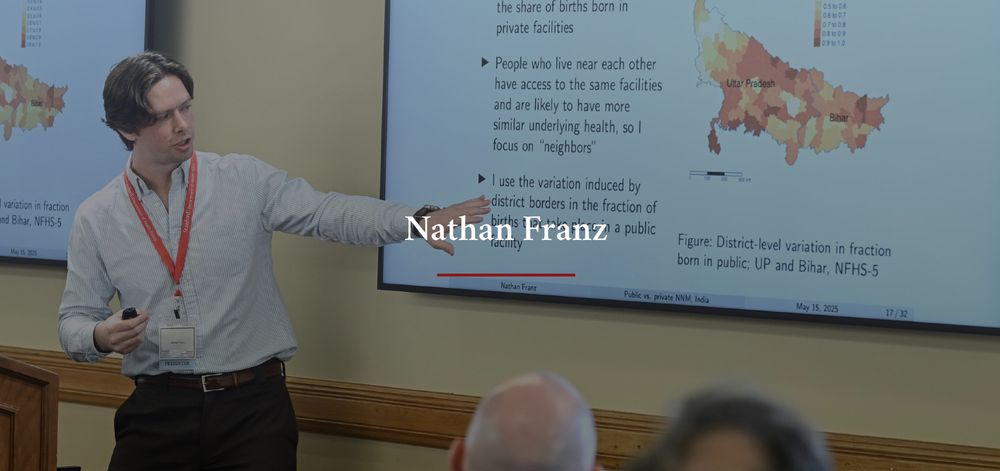Robel Alemu
@robel-alemu.bsky.social
87 followers
280 following
12 posts
Postdoctoral Scholar @UCLA & Affiliate Fellow @broadinstitute of @MIT and @Harvard. Alumni @TuftsUniversity. GWAS of complex traits. Unraveling GxE effects.
Posts
Media
Videos
Starter Packs
Pinned
Reposted by Robel Alemu
Reposted by Robel Alemu
Reposted by Robel Alemu
Aysu Okbay
@aysuo.bsky.social
· May 20
Robel Alemu
@robel-alemu.bsky.social
· Feb 4

Multi-omics approaches for understanding gene-environment interactions in noncommunicable diseases: techniques, translation, and equity issues - Human Genomics
Non-communicable diseases (NCDs) such as cardiovascular diseases, chronic respiratory diseases, cancers, diabetes, and mental health disorders pose a significant global health challenge, accounting fo...
doi.org










